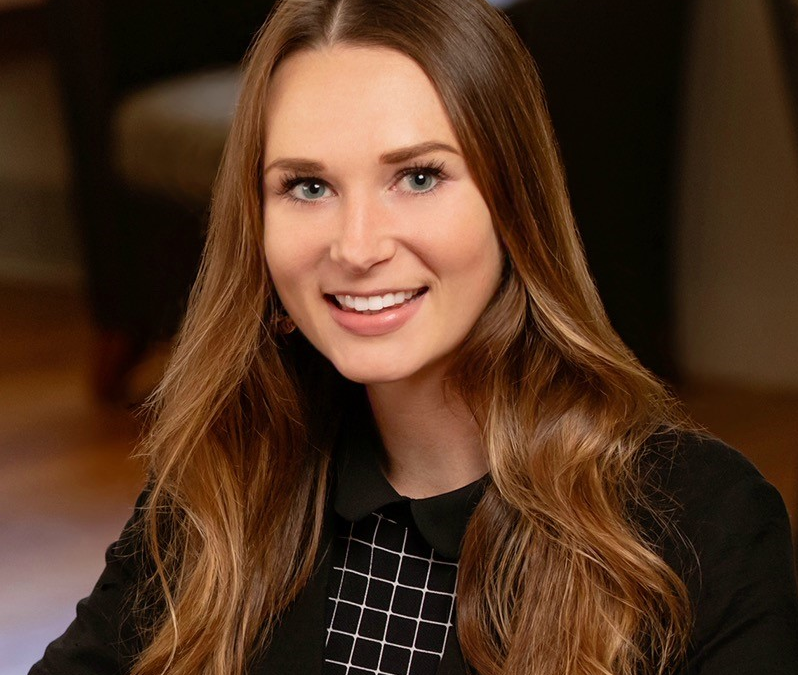Sylvia Crowder
PhD, Food Science and Human Nutrition
Cancer Scholars for Translational and Applied Research (C★STAR ) 2017 Cohort
How did you find yourself in cancer research?
After I received my Bachelor’s in Dietetics from the University of Southern Indiana and Masters in Dietetics from Eastern Illinois University, I was an inpatient clinical registered dietitian at Carle Foundation Hospital. I was a floater so I would see all types of patients — from basic healthy eating and pediatrics to advanced trauma and cancer patients.
Everyone knows someone affected by cancer — for me, it was my grandma. Watching her lived experience with cancer and watching my patients go through similar challenges made me extremely passionate about researching ways to improve quality of life and survivorship, thus inspiring me to pursue a PhD in Human Nutrition.
How did you learn about the C★STAR Program?
In the Fall of 2016, I attended the annual Illinois Cancer Center Meeting and there was a call for C★STAR scholar applications. The targeted areas of interest for that year were quality of life, patient outcomes, population health, survivorship, and nutrition. Those targeted areas aligned perfectly with my dissertation goals, so I applied and was incredibly fortunate to receive a fellowship.
How has being in the C★STAR Program helped you with your research interests?
One of the most beneficial parts of the program has been the ability to foster multi-disciplinary collaborations. My advisor, Anna Arthur (PhD), is a clinician-scientist, while my Carle mentor, Kalika Sarma (MD), is an oncology physician. While designing the clinical research study, we combined our expertise in different fields to create an innovative and feasible study. It has been extremely beneficial for me as a doctoral candidate to be able to hone my existing skills and learn from MDs and scientists I’d never previously had a chance to interact with.
What is something that most people might not know about your area of study?
Many people do not realize that head and neck cancer survivors experience significant symptom burden impacting their ability and desire to eat. Some of these symptoms include difficulty swallowing, mucositis, dry mouth, and taste alterations. My current research investigates how these symptoms impact quality of life and diet in survivorship with the long-term goal of developing dietary interventions for symptom management.
DO YOU HAVE ANY HOBBIES OUTSIDE OF YOUR RESEARCH?
I’m a morning person, so I like to wake up early and hit the gym before heading into the lab. I also enjoy traveling, good food, spending time with close friends and family, and taking my toy Australian shepherd, Nix, on walks!
— Compiled by the CCIL Communications Team

